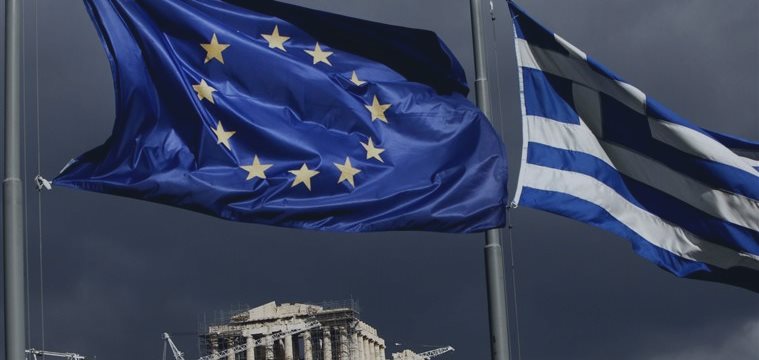Overnight, the Greek bailout crisis has taken a disappointing turn, after yesterday’s eurogroup meeting in Brussels failed to agree a blueprint for future talks.
The meeting dragged on late, only for eurogroup chief Jeroen Dijssesbloem to admit that the two sides hadn’t come to mutual understanding after seven hours of negotiating, says The Guardian.
Yesterday's outcome raises concerns that Greece and its creditors won’t reach a deal before the end of February, when the current financial programme expires.
Greece’s Finance Minister Yanis Varoufakis was optimistic, telling reporters:
"I was given a wonderful opportunity and a very warm welcome to present our views, our analysis, our proposals both regarding the substance and regarding the road map.”
The eurogroup’s failure escalates the crisis, as European leaders gather in Brussels for an EU Summit - Greek prime minister Alexis Tsipras’s first. He’ll be meeting several leaders before the summit starts this afternoon, including Britain’s David Cameron. However, he’s not expected to hold formal talks with Angela Merkel.
The Greece crisis may also feature at the Bank of England this morning, at the quarterly inflation report - from 10.30am GMT.
We’ll be tracking all the main events, and reaction to last night’s meeting.
Worried markets have driven the price of Germany’s two-year bonds to a record high, which means they are paying even more for the privilege of holding German debt; the yields on its two, three and five-year bonds are already negative.
Gary Jenkins of LNG Capital says that last night’s talks failed because neither side would give ground. That’s why the prepared statement was seemingly torpedoed by Athens:
"Extending and successfully concluding the present programme..." is not the deal that Mr Tsipras has been telling the people of Greece he would achieve.
But a deal can still be reached, Jenkins considers:
"The real agreement would appear to be that the EU will reduce the level of the primary surplus required and allow Greece to spend the money saved as they wish. There might well be some kind of side agreement that if the Greek government does exactly what it says it will do regarding tax collection etc. and sticks to the terms of the deal then maybe the EU will revisit the idea of linking all or some of the debt to growth."



